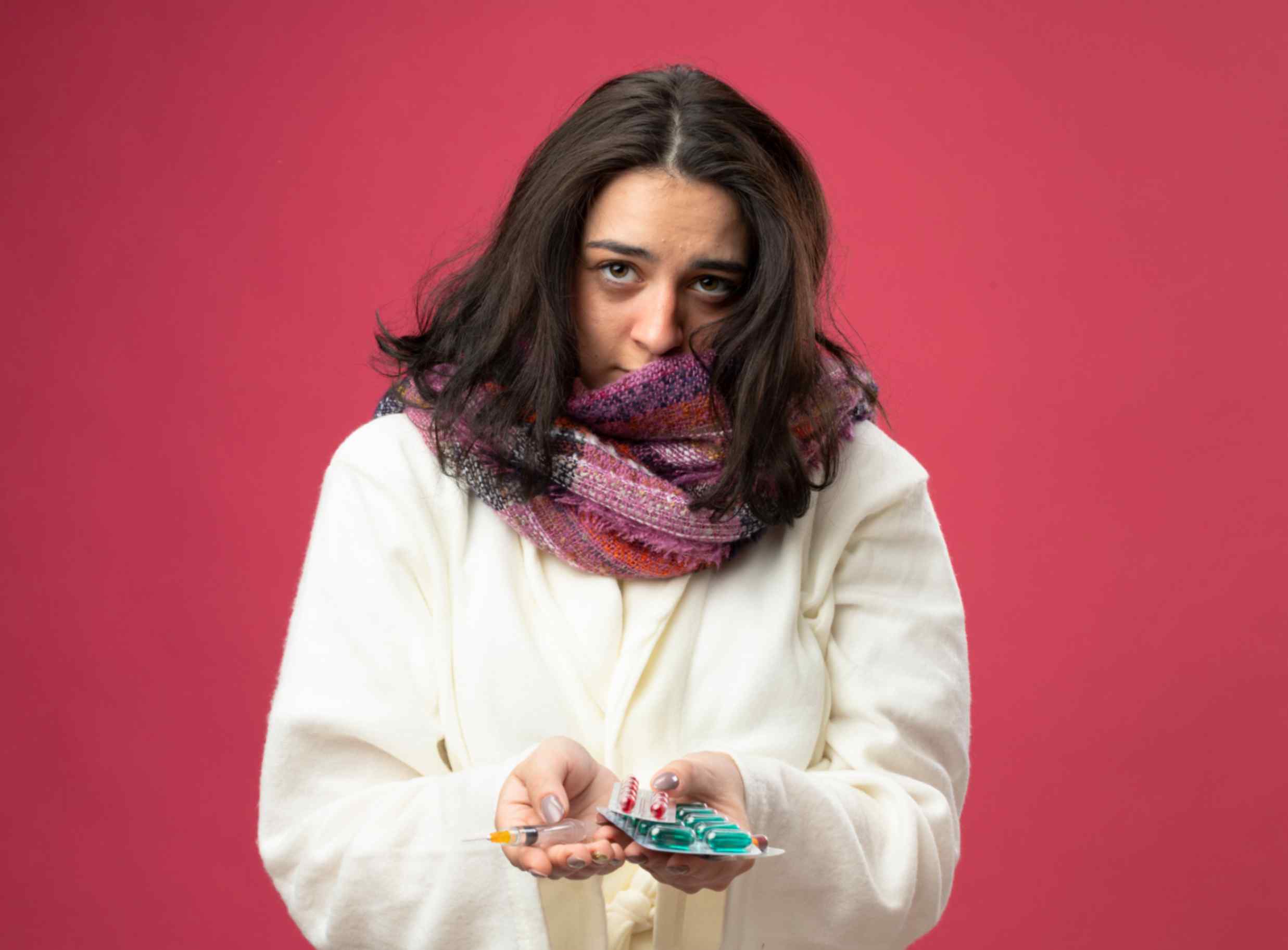Obsessive-Compulsive Disorder (OCD): Understanding It Beyond the Stereotypes
By Ithihas Psychology Counseling & Hypnotherapy Center
“I just like things clean and neat. I must have OCD!”
You’ve probably heard this line before — or even said it yourself. But here’s the truth: OCD is not a personality trait or a preference. It’s a serious mental health condition that affects millions of people across the globe — and far beyond just cleanliness.
In this blog, let’s break down what OCD really is, how it impacts lives, and most importantly, how it can be treated effectively.
Obsessive-Compulsive Disorder (OCD) is a clinically recognized anxiety disorder involving two key components:
What is OCD?
Obsessions: Repetitive, intrusive, and distressing thoughts, images, or urges.
Compulsions: Behaviors or mental rituals performed to reduce the anxiety caused by obsessions.
The cycle is often exhausting, time-consuming, and deeply disruptive to one’s personal, academic, or professional life.


Common Examples of OCD
Contrary to popular belief, OCD isn’t just about being overly tidy. Here are some real-world examples:
Obsessions:
- Fear of contamination (germs, illness)
- Intrusive violent or sexual thoughts
- Extreme concern with symmetry or order
- Fear of causing harm by being careless
Compulsions:
- Excessive cleaning or handwashing
- Checking doors, locks, or appliances repeatedly
- Counting or repeating phrases silently
- Seeking constant reassurance from others
These behaviors are performed not out of choice or pleasure — but out of an intense need to reduce anxiety or prevent something bad from happening
How OCD Affects Daily Life
People with OCD often know that their thoughts and actions are irrational — yet they feel powerless to stop them. This can lead to:
- Chronic anxiety and mental exhaustion
- Avoidance of situations that trigger obsessions
- Difficulty focusing at school or work
- Strained relationships with family and peers
- Feelings of guilt, shame, or isolation
Without proper support, OCD can significantly interfere with overall quality of life.
How OCD is Treated at Ithihas Psychology
At Ithihas Psychology Counseling & Hypnotherapy Center, we offer personalized, evidence-based care for individuals struggling with OCD. Our approach includes:
- Cognitive Behavioral Therapy (CBT)
- Psychoeducation & Support
- Mindfulness & Relaxation Techniques
- Clinical Hypnotherapy (Where Appropriate)
We use CBT with a specialized method called Exposure and Response Prevention (ERP) — the gold standard for OCD treatment. It helps individuals confront their fears in a safe environment while learning to resist compulsive behaviors.
We educate clients (and families) about the nature of OCD, helping reduce stigma and improve treatment outcomes.
These practices help regulate emotional responses and increase self-awareness during episodes of distress.
For deep-seated cognitive patterns, guided hypnotherapy may support reframing and healing.
Final Thoughts
OCD is not your fault, and it’s not something you just "snap out of." It is a treatable mental health condition, and with the right psychological care, individuals can regain control over their thoughts, actions, and lives.
If you or someone you know is struggling with OCD-like symptoms, don’t delay professional support. Early intervention can make a world of difference.
